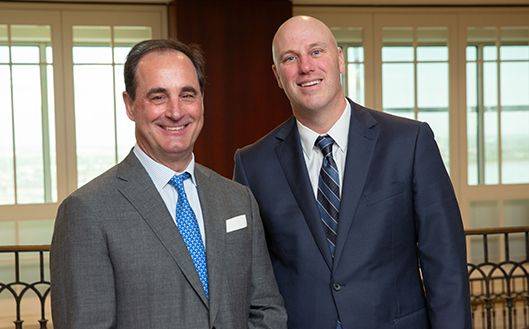NLRB Rules Mandatory Captive-Audience Meetings Unlawful
The National Labor Relations Board (NLRB) decided on Nov. 13 that an employer violates Section 8(a)(1) of the National Labor Relations Act when compelling employees “on pain of discipline or discharge” to attend meetings during which the employer expresses its views on unionization—commonly referred to as captive-audience meetings. In doing so, the NLRB upended decades-old precedent in Babcock & Wilcox Co. that recognized captive-audience meetings as lawful. The NLRB's latest decision aligns with the actions already taken by several states, which have enacted laws banning captive-audience meetings.
In overruling Babcock & Wilcox Co., the NLRB reasoned, in part, that mandatory captive-audience meetings can interfere with and coerce employees in the exercise of their Section 7 right to freely decide whether to unionize. This includes the right to decide whether, when and how they will listen to and consider their employer’s views concerning that choice.
Employers should note that the NLRB created a safe harbor rule. It permits employers to conduct lawful, voluntary meetings with employees to share their views on unionization. To qualify for this protection, employers must inform employees reasonably in advance of the meeting all of the following:
- The employer intends to express its views on unionization at a meeting at which attendance is voluntary.
- Employees will not be subject to discipline, discharge, or other adverse consequences for failing to attend the meeting or for leaving the meeting.
- The employer will not keep records of which employees attend, fail to attend, or leave the meeting.
When an employer both gives these assurances and follows through on them, it may lawfully hold voluntary meetings with its employees on company time to non-coercively express its views on unionization.
The NLRB reasoned that this ruling will apply prospectively. This is a departure from the NLRB’s usual practice of applying new policies and standards retroactively to pending cases.
Banning captive-audience meetings takes away one of the arrows in an employer's quiver for combating labor organizing campaigns. It is uncertain whether the incoming Trump administration’s NLRB appointees will choose to reinstate captive-audience meetings. Only time will tell how this situation unfolds.
In the meantime, if faced with union activity, employers should be aware of this NLRB decision now banning captive-audience meetings. Employers may want to avail themselves of the safe harbor to have voluntary, lawful meetings. Additionally, employers should be aware that several states have already banned captive-audience meetings. They should assess if state laws impose further requirements or restrictions.
Please contact Erin Malone or any member of the Phelps labor relations or labor and employment teams if you have questions or need assistance.



